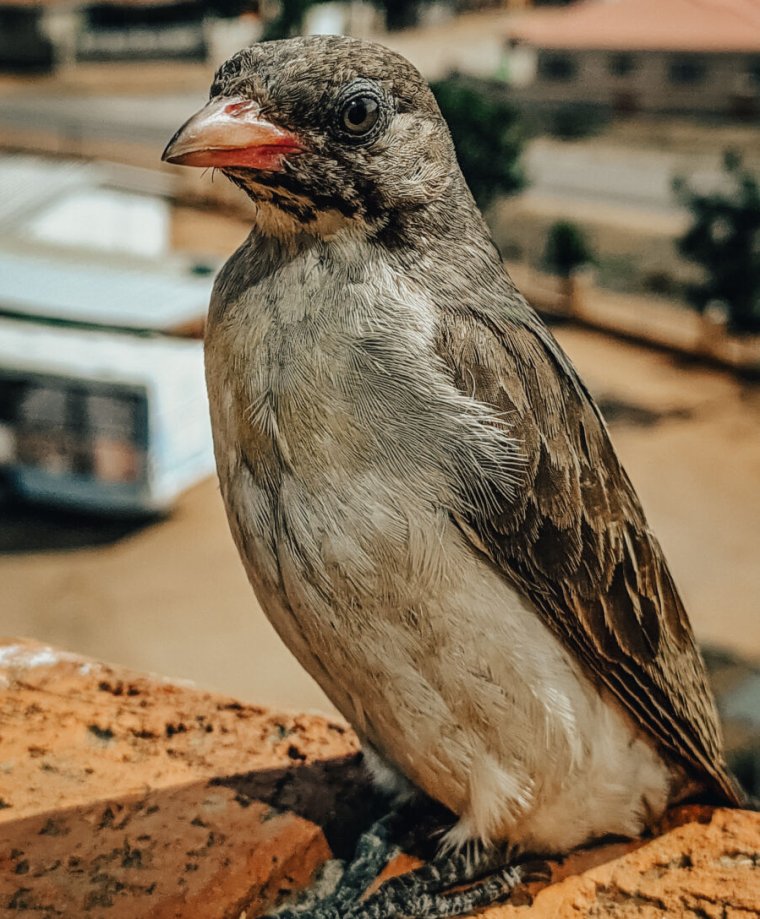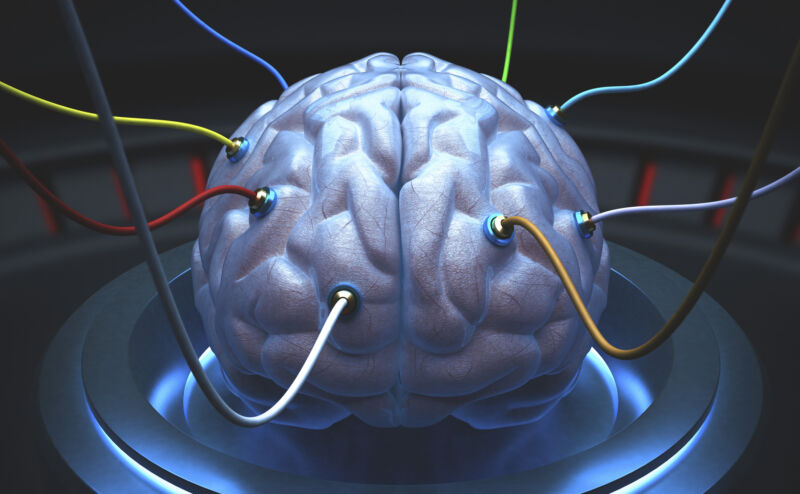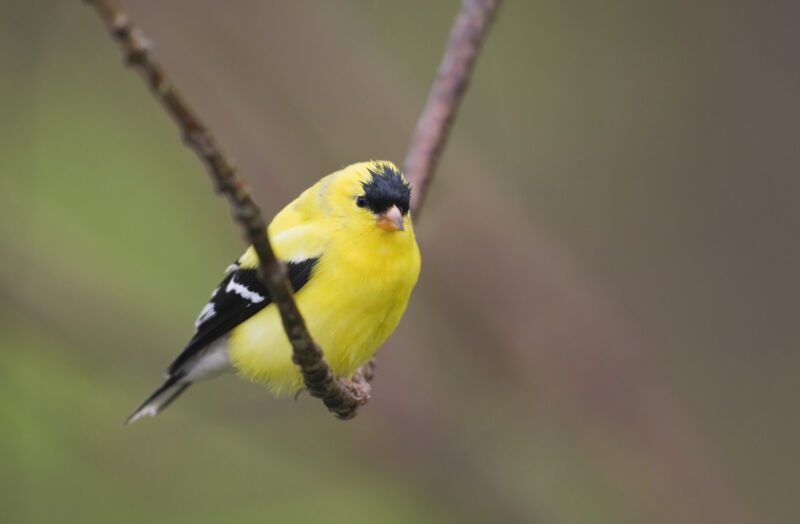-
 chevron_right
chevron_right
Dogs’ brain activity shows they recognize the names of objects
news.movim.eu / ArsTechnica · Friday, 22 March - 15:00

Enlarge / Wired for science! (credit: Marianna Boros, Eötvös Loránd University)
Needle, a cheerful miniature schnauzer I had as a kid, turned into a ball of unspeakable noise and fury each time she saw a dog called Puma. She hated Puma so much she would go ballistic, barking and growling. Merely whispering the name “Puma” set off the same reaction, as though the sound of it and the idea of the dog it represented were clearly connected deep in Needle’s mind.
A connection between a word and a mental representation of its meaning is called “referential understanding,” and for a very long time, we believed dogs lacked this ability. Now, a study published by a team of Hungarian researchers indicates we might have been wrong.
Practice makes perfect
The idea that dogs couldn’t form associations with language in a referential manner grew out of behavioral studies in which dogs were asked to do a selective fetching task. The canines had a few objects placed in front of them (like a toy or a bone) and then had to fetch the one specifically named by their owner.








